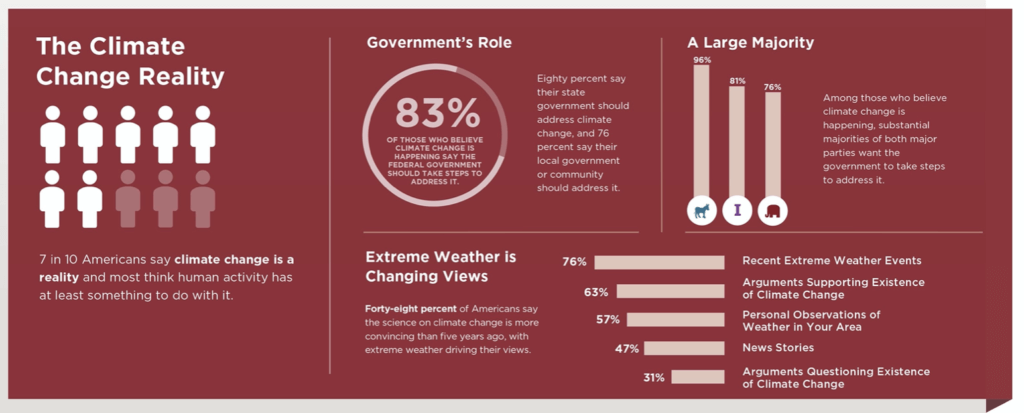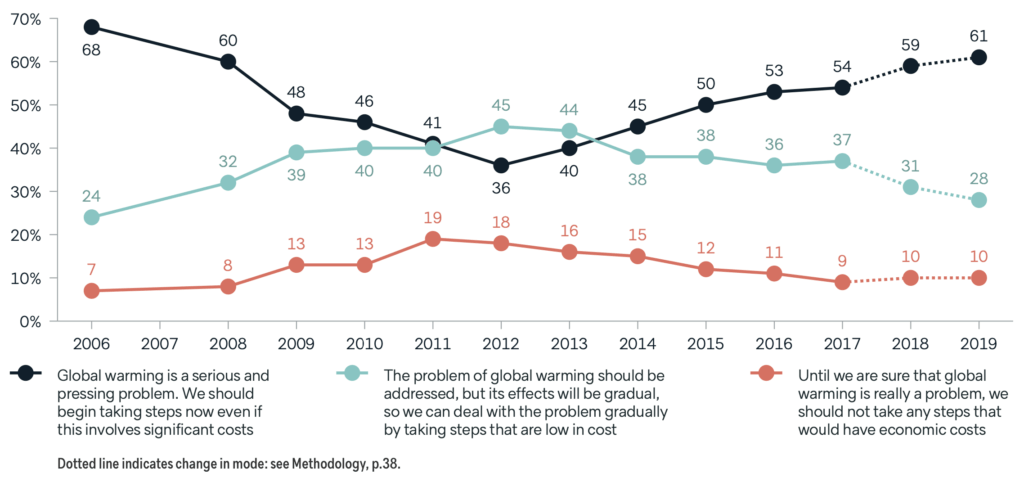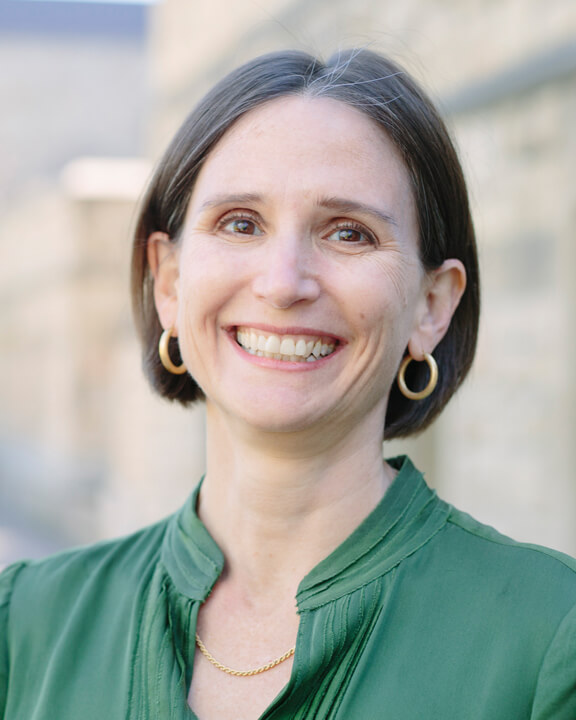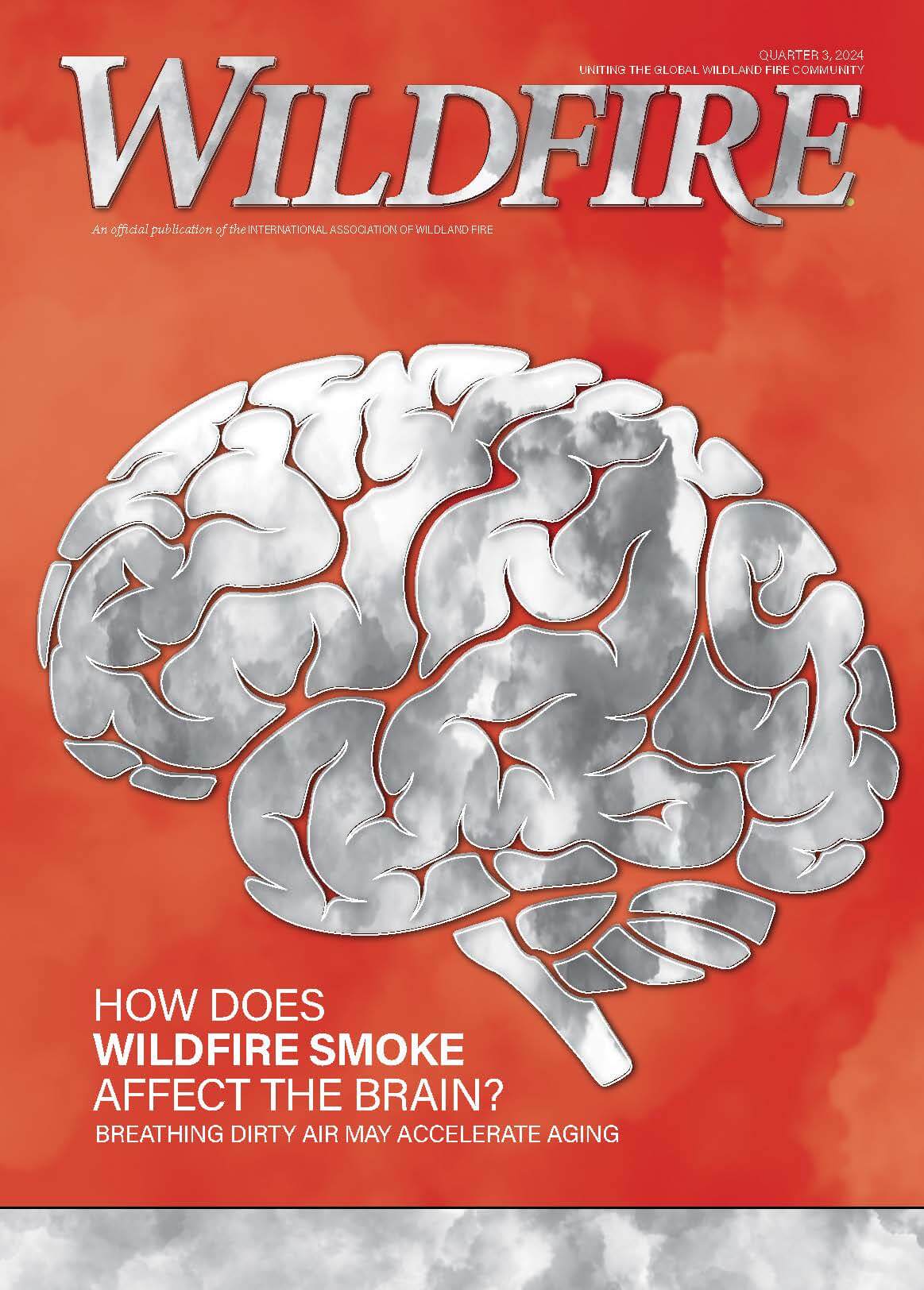By Toddi Steelman
Recent extreme weather events have catalyzed public belief in, and concern about, climate change, and boosted public support for government actions to reduce its harmful impacts. This gives us a window of opportunity when conditions are right to make great strides on climate if we are strategic about it.
As a wildland fire community, we could be doing a better job in exercising our collective voice about climate change and the consequences it has for the many men and women who strive to address these complex challenges, as well as the communities who strive to prepare for, respond to and recover from these events.
According to NOAA, since 1980, the U.S. has experienced 241 weather and climate disasters that each caused at least $1 billion in costs and damages. The total estimated cost of all these events is $1.6 trillion. In 2018 alone, three events — the California wildfires, Hurricane Michael and Hurricane Florence – caused $73 billion in losses and 208 deaths.
But the United States is not alone – other countries are also experiencing extreme weather events.
Fierce wildfires tore through a coastal area of Greece in late July 2018, resulting in 126 deaths. Fires in 2016 and 2017 in Australia, Canada, Chile and Portugal caused scores of deaths and burned thousands of homes. Wildfires are not the only disasters having an impact on human populations. Heatwaves and flooding have also resulted in high death rates in Pakistan, Nigeria and Japan in the last year.
In the World Economic Forum’s 2019 Global Risks Report, nearly 1,000 decision-makers across the planet from the public sector, private sector, academia and civil society assessed the risks facing the world. They identified extreme weather, the failure to mitigate or adapt to climate change, and natural disasters as among the top risks facing the world.
These extreme conditions are having an impact on attitudes about climate change. According to a 2019 poll by the Energy Policy Institute at the University of Chicago, 72% of Americans now say that climate change is real and happening, and 61% of Americans want government to “do something” to address it.

We also see similar trends in Australia. The Australian National Centre for Public Awareness of Science (CPAS) and the Lowy Institute in two separate polls in 2018 identified that nearly 80% (CPAS) and 76% (Lowy Institute) of Australians believe climate change is occurring. Further, 60% of respondents in the Lowy Institute poll agreed that climate change is serious enough that “we should be taking steps now, even if this involves significant costs.” In 2012, only 36% of Australians were calling for action.

This evidence suggests that people understand the immediate and tangible threats posed by climate-driven natural disasters such as droughts, wildfires and hurricanes, better than long-term threats posed by an abstract concept like climate change. When the climate chaos comes to us – the wildfires burning or waters flooding in your back yard – you take notice.
So what can we do? One option is to support a carbon tax. Nonetheless, there will still be people who say, “I don’t want to pay another tax.” Australia’s experience with the carbon tax is instructive on this point.
Passed in 2011, the carbon tax targeted the top 500 polluters in the country and led to decreases in carbon emissions in its first few years. It also faced heavy attacks framed as increasing costs to consumers and businesses. In 2014, Australia repealed its carbon tax. At the time it was repealed, a poll found that almost two-thirds of Australians believed there should be carbon pricing for major emitters, and yet 42% agreed with the repeal of the tax. These contradictions are unsettling for politicians and the public.
Some of it may be in the framing of how carbon pricing or a tax is presented. To make the risk of carbon and benefit of action more tangible, interventions can be framed as improving our security, creating a more sustainable future for our children and developing a more resilient economy. On the other hand, such actions can be denigrated as job killers – though a more appropriate frame may be that without action, climate change can cripple economic growth and be an actual killer.
Forty-four percent of Americans support a carbon tax – charged as a monthly fee on their electricity bill – while 43% say they oppose it, according to the Energy Policy Institute at the University of Chicago. But the support grows when people are told how proceeds from the tax will be spent. People like to know where their money will go. Support for a carbon tax climbs to 54% if the tax money collected will be used to fund public transportation. It climbs to 59% if the funds support R&D for renewable energy programs. And it climbs to a remarkable 67% — more than two-thirds of the American population – if the tax is used to fund the restoration of forests, wetlands, streams and other natural features.
Today, 84% of Australians agree that “the government should focus on renewables, even if this means we may need to invest more in infrastructure to make the system more reliable,” according to the Lowy Institute poll.
This is testimony to the fact that people more easily understand, and respond more strongly to, concrete solutions. If we had better understanding of where proceeds would go from a carbon tax, then maybe we could find greater consensus in addressing this challenge.
The men and women in the wildfire community have credibility with their respective publics around the world. We could be doing more to use our individual and collective voices to raise concerns about climate change, the visceral impacts we see from it and the potential ways we could think about it and address it.
When we talk about the impacts of climate change, we need to keep it concrete. It is about larger wildfires; stronger hurricanes; droughts that last longer; floods that occur in places where none have occurred in a hundred or more years. And when we talk about solutions, we need to be specific as well. What, exactly, would we like to change such that it could address climate change and the fire, flood, drought and storms we are facing? Is it more resilient infrastructure, forests, wetlands, streams restoration, renewable energy?
We need to tie our proposed climate solutions to the specific consequences of these and other impacts of a warming planet. The effects it will have on farms and forests. On our water supply. On human health. On jobs and economies at the local, state and national levels. And we need to reach across political, socioeconomic, geographic and ideological lines to build support around agendas that would focus on security, independence and prospects for our children. The future for all of us depends on it.

Toddi Steelman is vice president of the International Association of Wildland Fire and Stanback Dean of the Nicholas School of the Environment at Duke University, North Carolina, USA. For more on working to face global environmental challenges, see https://global.duke.edu/qa-planning-duke-environmental-work-across-globe.
+
Sources
Lamberts, R (2018). The Australian Beliefs and Attitudes Towards Science Survey – 2018. Australian National Centre for Public Awareness of Science. The Australian National University. Canberra, Australia. https://www.industry.gov.au/sites/g/files/net3906/f/2018-10/the_australian_beliefs_and_attitudes_towards_science_survey_2018.pdf
“Lowy Institute Poll 2019.” Sydney, Australia. https://www.lowyinstitute.org/publications/lowy-institute-poll-2019#sec37046.
“New Poll: Nearly Half Of Americans Are More Convinced Than They Were Five Years Ago That Climate Change Is Happening, With Extreme Weather Driving Their Views.” Energy Policy Institute at the University of Chicago. January 22, 2019. https://epic.uchicago.edu/news-events/news/new-poll-nearly-half-americans-are-more-convinced-they-were-five-years-ago-climate.
